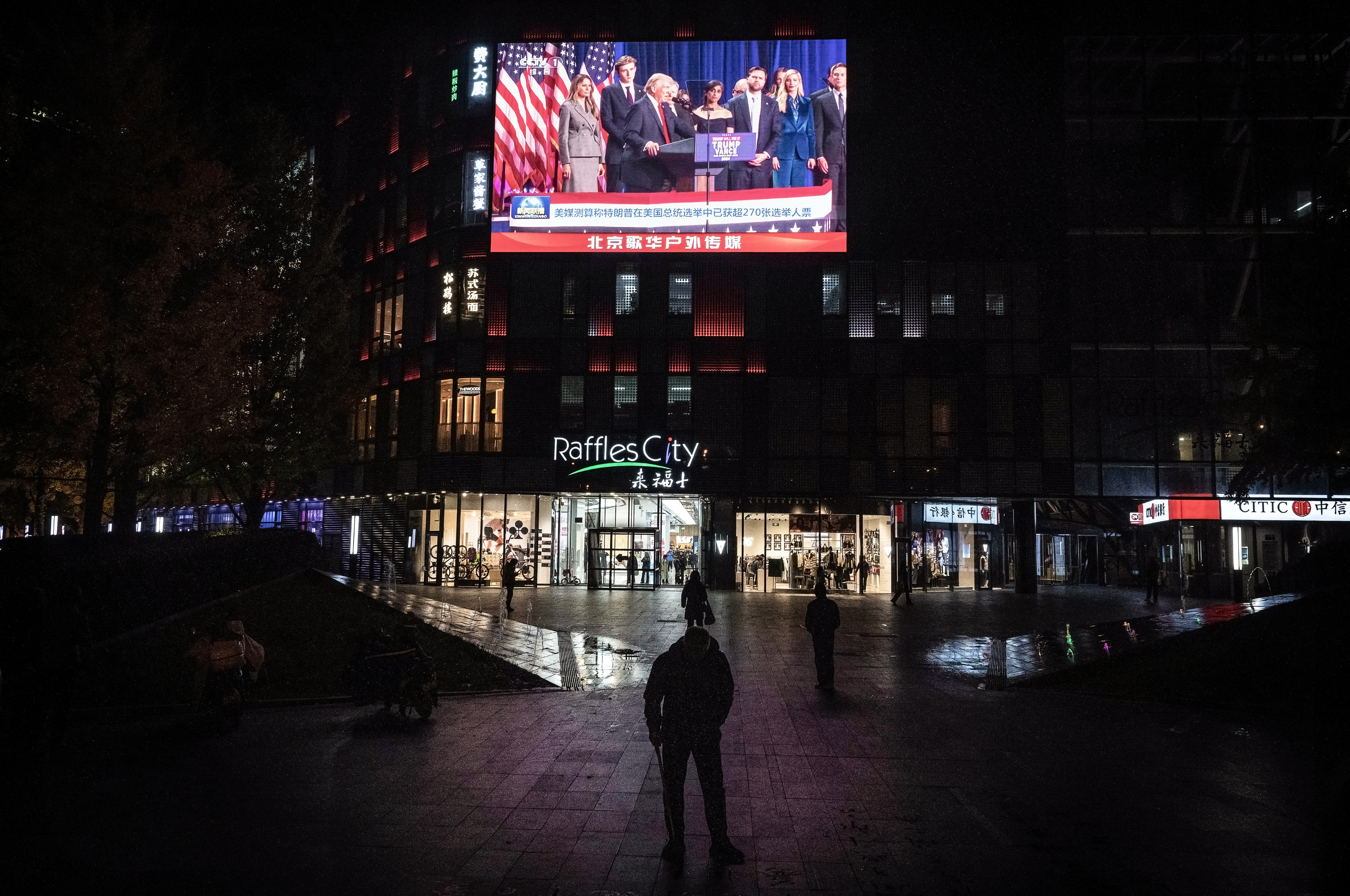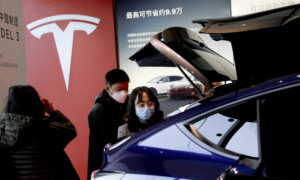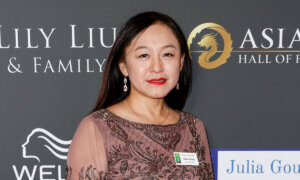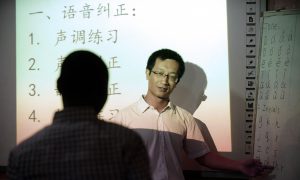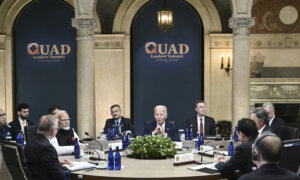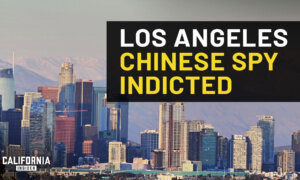News Analysis
In anticipation of increased tensions with the incoming Trump administration, Beijing has begun to soften its diplomatic approach by expanding its visa waiver program and making concessions in territorial disputes.
China’s Ministry of Foreign Affairs recently announced that effective Nov. 30, citizens of nine additional countries will be able to visit China visa-free, increasing the total number of such countries to 38. The ministry also doubled the length of visitors’ stay to 30 days.
According to China’s Ministry of Commerce, Beijing expanded the visa-free programs to promote inbound tourism and stimulate foreign business activities. The Ministry of Foreign Affairs positioned the program as a platform for foreigners to “experience China’s charm and share the dividend of China’s development.”
Japan, one of the nine countries, has been calling on China to resume the visa-waiver program that paused in March 2020 due to the COVID-19 pandemic. However, Beijing said it wouldn’t do so until Tokyo accepted its reciprocity proposal. Despite this, China now unexpectedly decided to unilaterally resume the program.
Following the announcement, Beijing also told Tokyo it would remove a buoy it placed inside Japan’s exclusive economic zone (EEZ) near the Senkaku Islands—an action Japan had requested for months.
Tsukasa Shibuya, president of the Tokyo-based Society for Asia Pacific Affairs, told The Epoch Times that China’s wooing of Japan suggests the Chinese Communist Party (CCP) is adopting a conciliatory policy toward Tokyo—a move that aims to boost trade as a way of mitigating the anticipated impact of rising tensions with the West.
Political commentator Tang Jingyuan has observed the same trend. He told The Epoch Times that removing the buoy was a “significant concession” and a “submission to Japan,” considering how unyielding CCP leader Xi Jinping had been on these territorial issues. Tang said that Beijing’s unilateral initiative to grant visa-free access to the Japanese was a “sudden reversal” and “another concession.”
A new round of the U.S.–China trade war looms large as President-elect Donald Trump returns to the White House in January. During his presidential campaign, he proposed imposing tariffs as high as 60 percent on Chinese imports and, on Nov. 25, announced an additional 10 percent tariff.
The pandemic has exacerbated the decades-old issues of the Chinese economy: a debt-laden property sector and local governments. Moreover, debt-fueled growth has slowed down significantly, and the country is widely expected to miss its 5 percent growth target.
Exports, another growth driver, is also under increasing pressure. The West has become more alarmed by Beijing’s export of its overcapacity issue driven by its “Made in China 2025” industrial policy. The European Union and other Southeast Asian countries have also levied tariffs on Chinese imports.
The CCP also seeks to ease tensions with India.
In October, China made a border concession with a mutual border patrol agreement with India. This move is part of Beijing’s strategy to gain New Delhi’s support for a new payment system initiated by Russia and China at the BRICS summit. This payment system aims to replace the U.S. dollar and enhance financial cooperation among members.
Australia-based law scholar Yuan Hongbing told The Epoch Times that the CCP is shifting to softer diplomacy to brace for the impact of Trump’s hard-line stance. He said that Beijing aims to attract more countries into its fold and weaken the U.S. alliance.
However, Yuan said these new diplomatic maneuvers are insignificant in solving the economic woes.
He noted that sluggish domestic demand, the CCP’s stringent policies, the anti-espionage law, and rising geopolitical tensions have created a hostile environment for foreign investment, leading to the departure of foreign capital.
According to the Chinese Ministry of Commerce, foreign direct investment fell by 29.8 percent year over year to 693 billion yuan (about $95 billion) for the first 10 months of this year.
A recent survey showed that Japanese companies operating in China remain cautious. About 44 percent of these companies reported plans to scale back their investments, while more than 60 percent believe the Chinese economic outlook has worsened this year.
Shibuya said Beijing’s softer stance doesn’t mean that the CCP has abandoned its “wolf-warrior” diplomacy even though Xi faces challenges to his authority, as indicated by the recent downfall of his protégé, a top military official.
The China observer warned, “Once Xi can secure his military power, he will follow in the footsteps of the founding communist leader Mao Zedong and resume the aggressions, including invading Taiwan and igniting conflicts in the Asian-Pacific.”
Xin Ning contributed to this report.
